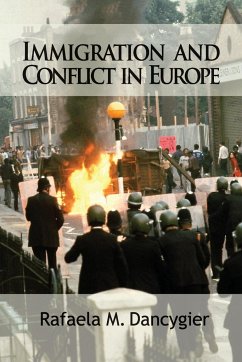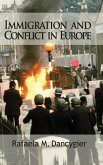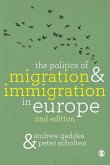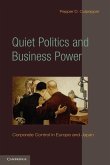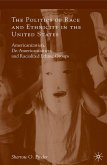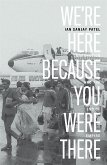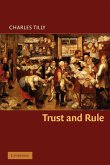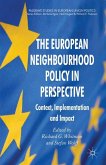Explains why we observe clashes between immigrants and natives and between immigrants and state actors in some locations.
Immigration and Conflict in Europe presents a wealth of qualitative and quantitative materials on immigrant conflict in Great Britain, Germany, and France from the postwar years until the beginning of the twenty-first century.
Contemporary debates give the impression that the presence of immigrants necessarily spells strife. Yet as Immigration and Conflict in Europe shows, the incidence of conflict involving immigrants and their descendants has varied widely across groups, cities, and countries. The book presents a theory to account for this uneven pattern, explaining why we observe clashes between immigrants and natives in some locations but not in others and why some cities experience confrontations between immigrants and state actors while others are spared from such conflicts. The book addresses how economic conditions interact with electoral incentives to account for immigrant-native and immigrant-state conflict across groups and cities within Great Britain as well as across Germany and France. It highlights the importance of national immigration regimes and local political economies in shaping immigrants' economic position and political behavior, demonstrating how economic and electoral forces, rather than cultural differences, determine patterns of conflict and calm.
Immigration and Conflict in Europe presents a wealth of qualitative and quantitative materials on immigrant conflict in Great Britain, Germany, and France from the postwar years until the beginning of the twenty-first century.
Contemporary debates give the impression that the presence of immigrants necessarily spells strife. Yet as Immigration and Conflict in Europe shows, the incidence of conflict involving immigrants and their descendants has varied widely across groups, cities, and countries. The book presents a theory to account for this uneven pattern, explaining why we observe clashes between immigrants and natives in some locations but not in others and why some cities experience confrontations between immigrants and state actors while others are spared from such conflicts. The book addresses how economic conditions interact with electoral incentives to account for immigrant-native and immigrant-state conflict across groups and cities within Great Britain as well as across Germany and France. It highlights the importance of national immigration regimes and local political economies in shaping immigrants' economic position and political behavior, demonstrating how economic and electoral forces, rather than cultural differences, determine patterns of conflict and calm.

